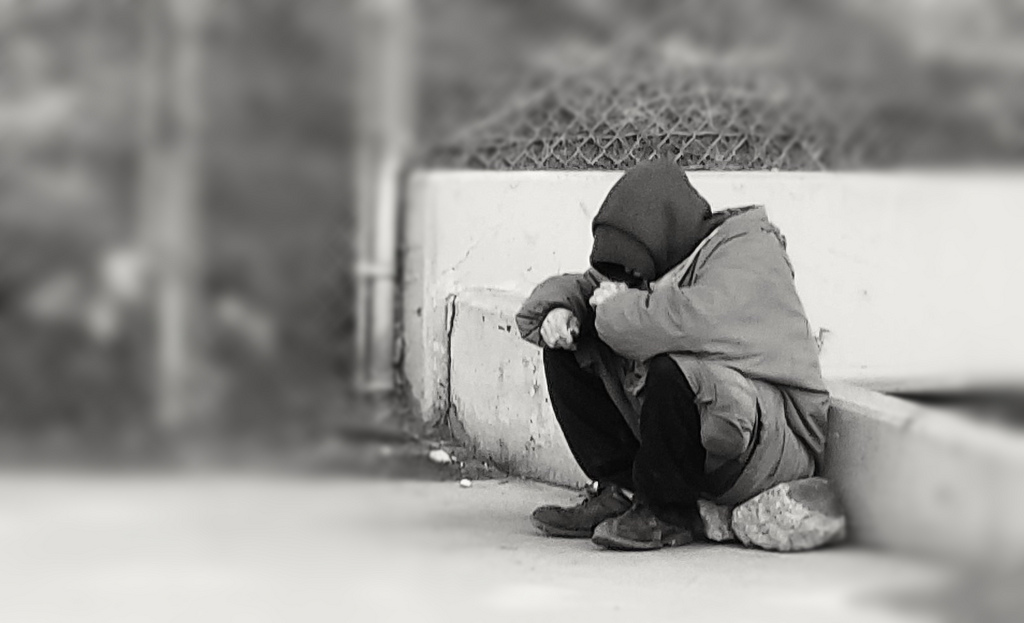India has taken massive strides towards progress in various fields. However, this progress has come at a price. A silent new war has taken birth in the Indian subcontinent – the war of drugs.
India shares a very long border with countries like Pakistan, China, Bangladesh, and Nepal. Since these adversaries cannot resort to direct conventional conflict, they have embarked on a clandestine opium war, whereby an unconventional and cascading hyper destruction has been unleashed on the border states such as Punjab and entire northeast by the ISI and other established international drug networks.
The positioning is such that a major portion of the young men and women, as well as school and college going children, have been drawn and trapped into this menace. The actual motive for this is to weaken our already porous borders and our future generations.
Historically the border states of the country have very bravely faced the constant onslaught and misdemeanours of these longstanding enemies. But this drug war has unleashed a new weapon of mass destruction which is practically invisible and is doing everlasting damage.
Discrete drug abuse is a global phenomenon, affecting almost every country. Problems of drug dependence produce dramatic costs to all societies in terms of lost productivity, transmission of infectious diseases, family and social disorder, crime, and excessive utilization of health care. With a turnover of around $500 billion, it is the third largest business in the world, next to petroleum and arms trade.
Indian youth has fallen victim to the vicious cycle of drug abuse. The number of drug addicts in the country is increasing day by day. The bane of drug abuse in Punjab has acquired the proportions of a pestilence that has shaken the entire society in the state. It is observed that in Punjab “drug abuse” is a raging epidemic.
The problem of drug abuse in the youth of Punjab is a matter of serious concern. Every third person is hooked to drugs other than alcohol and tobacco. The striking observations say that the prevalence of heroin and intravenous drug abuse is very high.
Drug addiction and its fallout have been plaguing Punjab for many years now. Tarn Taran district in the Majha region and Bathinda are among the worst affected in the state. Other than that, the districts of Amritsar, Moga, Tarn Taran, Nawanshahr, Muktsar, Mansa and Ludhiana are also highly affected. Punjab has become a major part of the so-called opium drug route that is now used for transporting opioids.
On an average, 35,000 new drug addicts have been approaching hospitals for treatment every month. In Punjab, there are approximately 90 private rehab centres, of which approximately 50 are run by the government. Additionally, a multitude of illegal pharmacies/chemist shops is selling harmful drugs without a prescription, which does not make things any better for the initiatives taken by the government of Punjab.
Currently the government has been running awareness campaigns in schools and colleges, but still, most families in rural areas do not know about rehab centres or how they can turn lives around. And the stigma associated with drugs often stops people from seeking help.
While organizations like the Red Cross and UNDP are doing their bit in collecting databases and holding de-addiction campaigns. It is important for the non-governmental sector of India to try to bring about a change at the grassroots level.
We at Spectrum Health Solutions Ltd. have planned our advanced technology based counselling & rehabilitation clinics at grass root levels in sensitive villages. We aim to make people aware of the dreadful effects of these drugs. It is very important for corporate India to galvanise and muster sufficient support for CSR initiatives at a rapid pace in spreading awareness about the drug menace.
India needs constantly heightened vigil and further fortification, effective fencing, improvised patrolling at borders and development of further counter-terrorism strategies to control the scourge of drugs on borders. If left unchecked it could one day decimate our shrinking borders, our faith in our democracy and the future of our generations to come.
 Dr Anantpal Singh is a leading physician, entrepreneur and health researcher from Spectrum Health Solutions Pvt. Ltd. Dr Singh envisions a global community with healthcare solutions which are simple to use and deliver better results than conventional methods.
Dr Anantpal Singh is a leading physician, entrepreneur and health researcher from Spectrum Health Solutions Pvt. Ltd. Dr Singh envisions a global community with healthcare solutions which are simple to use and deliver better results than conventional methods.
Views of the author are personal and do not necessarily represent the website’s views.
Thank you for reading the column until the very end. We appreciate the time you have given us. In addition, your thoughts and inputs will genuinely make a difference to us. Please do drop in a line and help us do better.
Regards,
The CSR Journal Team


